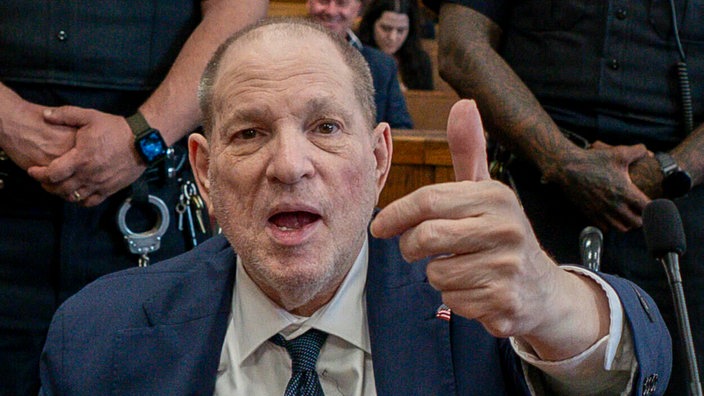
Introduction
The case of Harvey Weinstein has become emblematic of the deep-seated issues of sexual misconduct and abuse within Hollywood and other industries worldwide. His conviction and the subsequent #MeToo movement have prompted a societal reckoning, making conversations around consent, power dynamics, and workplace safety more relevant than ever. As one of the most powerful figures in film, Weinstein’s fall from grace has led to a significant cultural shift that continues to resonate.
The Rise and Fall of Harvey Weinstein
Harvey Weinstein, once a celebrated film producer known for critically acclaimed films such as “Pulp Fiction” and “Shakespeare in Love,” faced numerous allegations of sexual harassment, assault, and rape starting in 2017. These allegations sparked the #MeToo movement, which encouraged individuals, particularly women, to share their experiences of sexual violence and harassment across various industries.
In February 2020, Weinstein was convicted of rape and sexual assault in New York City and subsequently sentenced to 23 years in prison. His trial was a watershed moment in the fight against sexual violence, representing a demand for accountability for perpetrators of abuse.
Ongoing Legal Situations
As of October 2023, Weinstein is still embroiled in legal battles. In addition to his New York sentence, he is facing ongoing legal challenges in California over multiple sexual assault charges. Weinstein’s lawyers continue to appeal his convictions, arguing that the trial was unfair and that he did not receive a fair chance to defend himself. This saga underlines the complexities of the legal system in tackling issues of sexual violence and the ongoing support for and against Weinstein.
The Cultural Shift
The fallout from Weinstein’s actions has initiated critical discussions about the treatment of women in the workplace and caused a surge in awareness about sexual misconduct. Major movements such as #MeToo and Times Up have emerged, advocating for systemic changes to promote safer work environments and greater equity across all industries. Prominent organizations and companies have begun to implement policies aimed at preventing harassment and ensuring that voices are heard and respected.
Conclusion
The legacy of Harvey Weinstein serves as a stark reminder of the challenges that persist in combating sexual violence and prejudice. The ongoing discussions ignited by his case highlight the need for continued vigilance and reform in our societal frameworks. As the conversation around consent and power dynamics evolves, it is essential for individuals and organizations alike to take proactive steps towards ensuring accountability and fostering safe environments free from harassment.
The implications of Weinstein’s actions and their aftermath will undoubtedly continue to shape Hollywood, inspiring future generations to advocate for change and holding abusers accountable for their actions.



